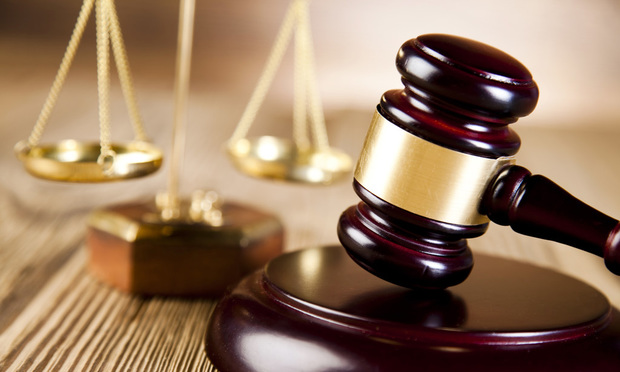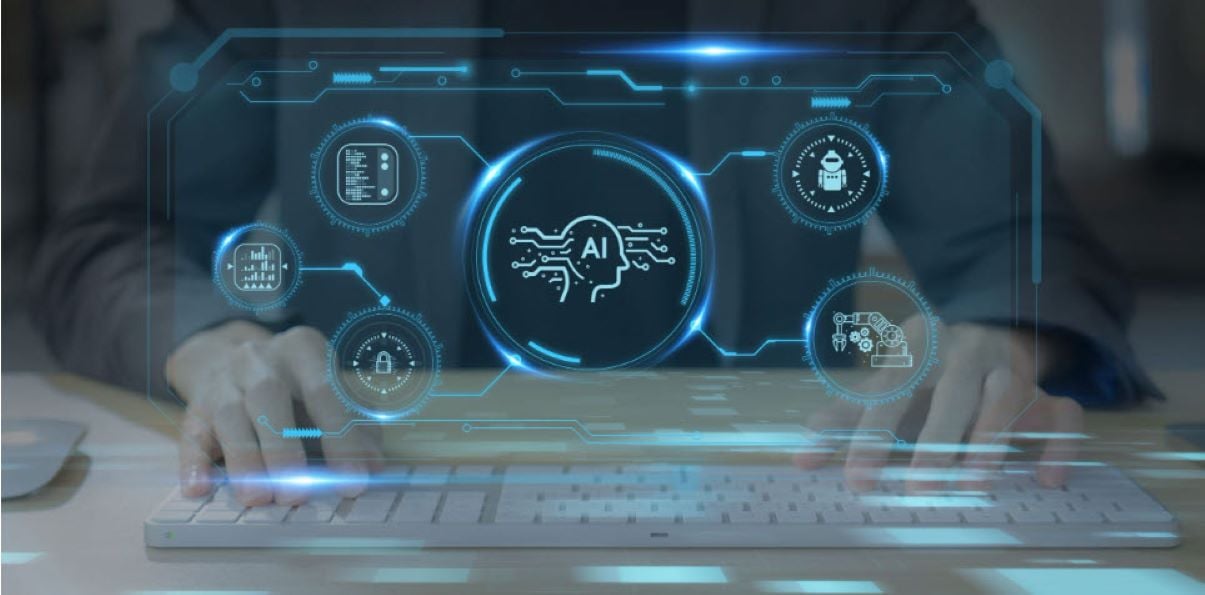As some states have already recognized, the July bar exam will almost certainly not take place this summer as scheduled. The best path forward is for states, at a minimum, to accord two-year provisional licenses to practice law to law school graduates, on condition that they practice under the supervision of a licensed attorney.
As we face the inadequacy of ventilators, masks and hospital beds, and worry about still-escalating COVID-19 infection rates across the country, the plight of newly minted lawyers unable to sit for a licensing exam might not seem like the most urgent problem. But soon tens of thousands of aspiring lawyers from across the country will earn their law degrees without a realistic chance to actually enter their profession on schedule.
About 75,000 people take the bar exam across the country each year, and it’s typically offered just twice a year. Not holding the bar exam as scheduled is enormously disruptive for their careers and their lives. And yet, given the impact of the virus, many, if not all states, will be unable to administer the bar exam this July in their usual fashion, including giant convention centers as testing venues, such as the Javits Center in New York, now transformed into a field hospital.
A number of states, including New York, Massachusetts, Connecticut, New Jersey and Hawaii have already canceled their administration of the July 2020 bar exam. A few states have indicated they still hope to proceed in July as planned. For other states, including California, where we both serve as law school deans, it is exceedingly hard to imagine that by July it will be safe for students to sit closely together in gigantic test halls, nor is it likely to be feasible to implement appropriate physical distancing measures.
Just last Friday, the National Conference of Bar Examiners announced that it plans to create materials for two additional fall bar exam dates, Sept. 9-10 and Sept. 30-Oct. 1.
At first glance, rescheduling now for these fall test dates might look both proactive and flexible. But no one really knows what the public health situation will look like in the fall. Will it actually be safe, come September, for large groups of would-be lawyers, some of whom have health challenges of their own, to sit together in enormous venues for 12 hours over two days? Some have predicted another spike in the disease for this autumn. What then? Another postponement? And how far in advance will we know whether a September bar exam is a realistic alternative?
The vast majority of first-time bar takers spend more than two months studying full time for the bar. This substantial investment makes any last-minute change of test plans excruciating and harmful. Indeed, given the need for hundreds of hours of preparation time, any uncertainty about whether the exam will actually occur as scheduled is extremely costly, both in terms of time and foregone income, and all the more so given the heightened anxiety and mental health challenges already produced by the pandemic.
Even if the fall dates were to end up being feasible from a public health perspective, postponement until September still creates acute financial and logistical problems. It would delay employment, income, and job-seeking for law graduates, many of whom have substantial debt, in a moment of heightened financial challenges and an increasingly precarious legal job market. And these substantial costs would be borne most acutely by those law graduates with the fewest economic resources, many of whom come from communities traditionally underrepresented in the legal profession.
Some have argued for a shift to an online bar exam this summer. If that were actually plausible, it could solve the need for gathering people at test sites. But while the LSAT just announced the inauguration of an on-line admissions test, we are highly doubtful that a secure online bar exam could be developed and rolled out in time for a July administration. We would also worry about the many students who are suffering hardships during this crisis and, who, while qualified to practice law, aren’t in a position adequately to prepare for the high-stakes bar exam because of the current crisis conditions.
Luckily, there’s a straightforward solution: provisional licenses, allowing those who graduated from law school in the last year and who were scheduled to take the July 2020 bar exam, to practice law for a defined — and relatively limited — period, such as until the July 2022 bar exam releases its results. To ensure competence from these new lawyers, there should be a requirement that the individuals be supervised by attorneys who are admitted to the bar. States could, if they wished, limit provisional licenses to those who meet the character and fitness requirements for admission to the bar.
In fact, Arizona and New Jersey have both just announced the possibility of provisional licensing for recent graduates in the wake of the COVID-19 crisis. These approaches are a good start, but they are, in our view, too narrowly defined. Both states envision that provisional licensees would generally need to take the next available bar exam or lose their limited license. Far better, in the wake of this crisis, to permit these provisional licenses for a longer period such as two years. That would permit these graduates to launch their careers and allow them a reasonable degree of agency and control over when it makes professional and logistical sense to study for and take the bar.
To be clear, this is not a “diploma privilege” designed to provide permanent admission to the bar, an approach currently taken in Wisconsin for those who graduate from law schools in that state. We recognize that may work well in some jurisdictions, but we think it’s not likely to be a workable answer for such states as New York and California. Some jurisdictions might be well served by taking this opportunity to rethink the bar exam in more significant ways, or by providing a pathway to permanent licensure for this summer’s graduates that does not require eventually sitting for the traditional bar. What we propose is a minimum appropriate response to an unprecedented global public health crisis.
There is another advantage of a robust provisional-licensing approach: it could help meet legal needs of those hurt by the pandemic. The public health crisis surrounding COVID-19 undoubtedly is creating significant legal problems for many in our society, such as in dealing with employers, creditors and landlords. New lawyers could help expand the availability of valuable legal services to those who otherwise would be without representation. That’s another reason for states to move quickly to accord provisional licenses to law school graduates, on the condition that they otherwise meet the state’s requirements and they practice under the supervision of a licensed attorney.
This temporary licensing approach does not depend on knowing how long this public health crisis will last, nor precisely when the traditional bar exam may again be practicable. It permits law graduates to begin their careers without delay. It gives licensing authorities the ability to think about potentially moving the bar exam online, or to undertake other more substantive forms of bar-exam revamping, in a less hurried manner, and it prevents licensure issues from becoming another bump on the road to economic recovery.
Since each state administers its own bar and makes the rules for admission, each will decide for itself what to do about the July 2020 bar exam, usually in a decision by the state’s highest court. In light of the uncertain nature and length of this public health emergency, we urge states to reject the tempting but poorly considered option of postponing for an early fall date and then hoping for the best. Provisional licensing is a far better bet, both for our students and to help provide much-needed additional resources to those who need legal assistance.
Erwin Chemerinsky is dean of UC Berkeley Law School and Jennifer Mnookin is dean of UCLA Law School.
NOT FOR REPRINT
© 2024 ALM Global, LLC, All Rights Reserved. Request academic re-use from www.copyright.com. All other uses, submit a request to [email protected]. For more information visit Asset & Logo Licensing.


 Justice scale and gavel
Justice scale and gavel




